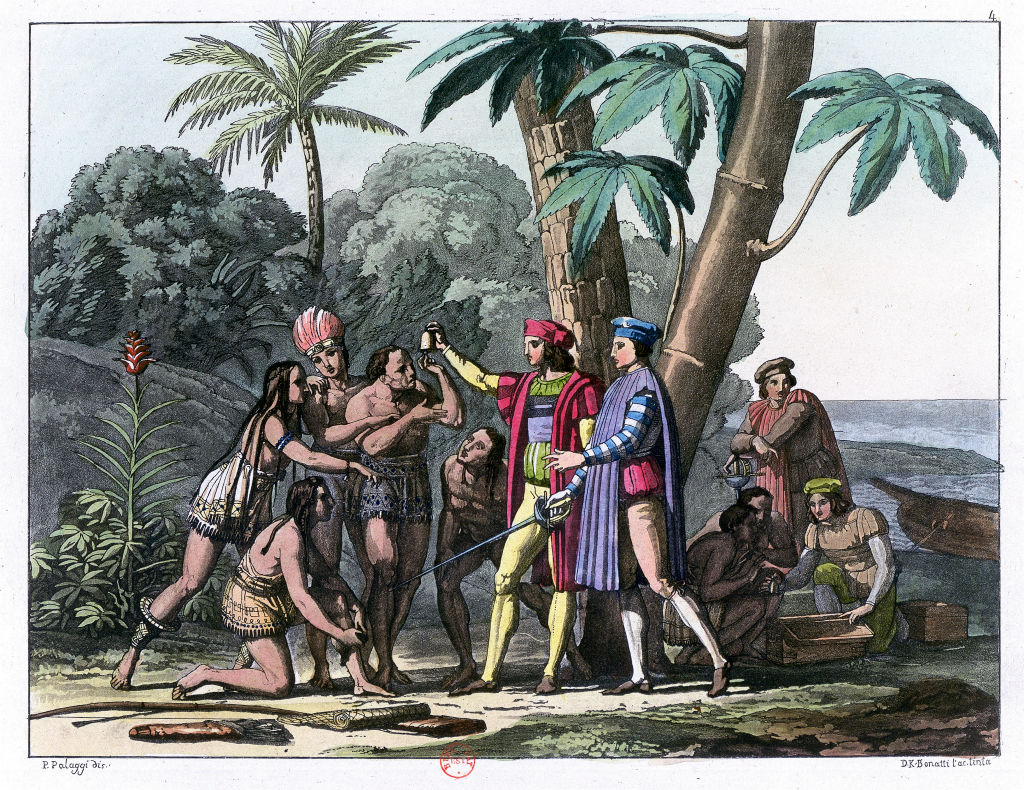President Donald Trump reignited a familiar cultural battle by reinstating Columbus Day as a stand-alone holiday and omitting any mention of Indigenous Peoples’ Day from his 2025 proclamation.
Calling Christopher Columbus “the original American hero,” Trump declared his intention to “reclaim [Columbus’s] extraordinary legacy from left-wing arsonists who have sought to destroy his name and dishonor his memory.” The proclamation celebrates Italian-American heritage and portrays Columbus as a symbol of discovery and patriotism. “We’re back, Italians,” Trump said, according to People magazine.
The decision marks a sharp reversal from recent years, when multiple presidents had formally recognized both holidays. Dozens of U.S. cities and states — including Los Angeles, Seattle, and Philadelphia — now observe Indigenous Peoples’ Day to honor Native resilience and acknowledge the violence of colonization.
Indigenous advocacy groups swiftly condemned Trump’s move, saying it erases Native histories and undermines reconciliation efforts. “This is about more than a holiday — it’s about whose stories matter,” said one coalition statement from Native leaders in California.
Supporters, meanwhile, applauded Trump for “defending tradition” and resisting what they view as politically motivated historical revisionism. GOP lawmakers have even proposed legislation to penalize municipalities that dropped Columbus Day in favor of Indigenous Peoples’ Day.
The federal holiday, first recognized in 1937, remains Columbus Day under U.S. law. Presidential proclamations can shape its symbolism but not alter its official status.
Trump’s stance underscores broader political divides over how the nation remembers its past. For some, Columbus Day remains a point of ethnic pride; for others, it represents the beginning of centuries of Indigenous suffering. In choosing one over the other, Trump has once again positioned himself squarely in the middle of America’s ongoing culture wars.


